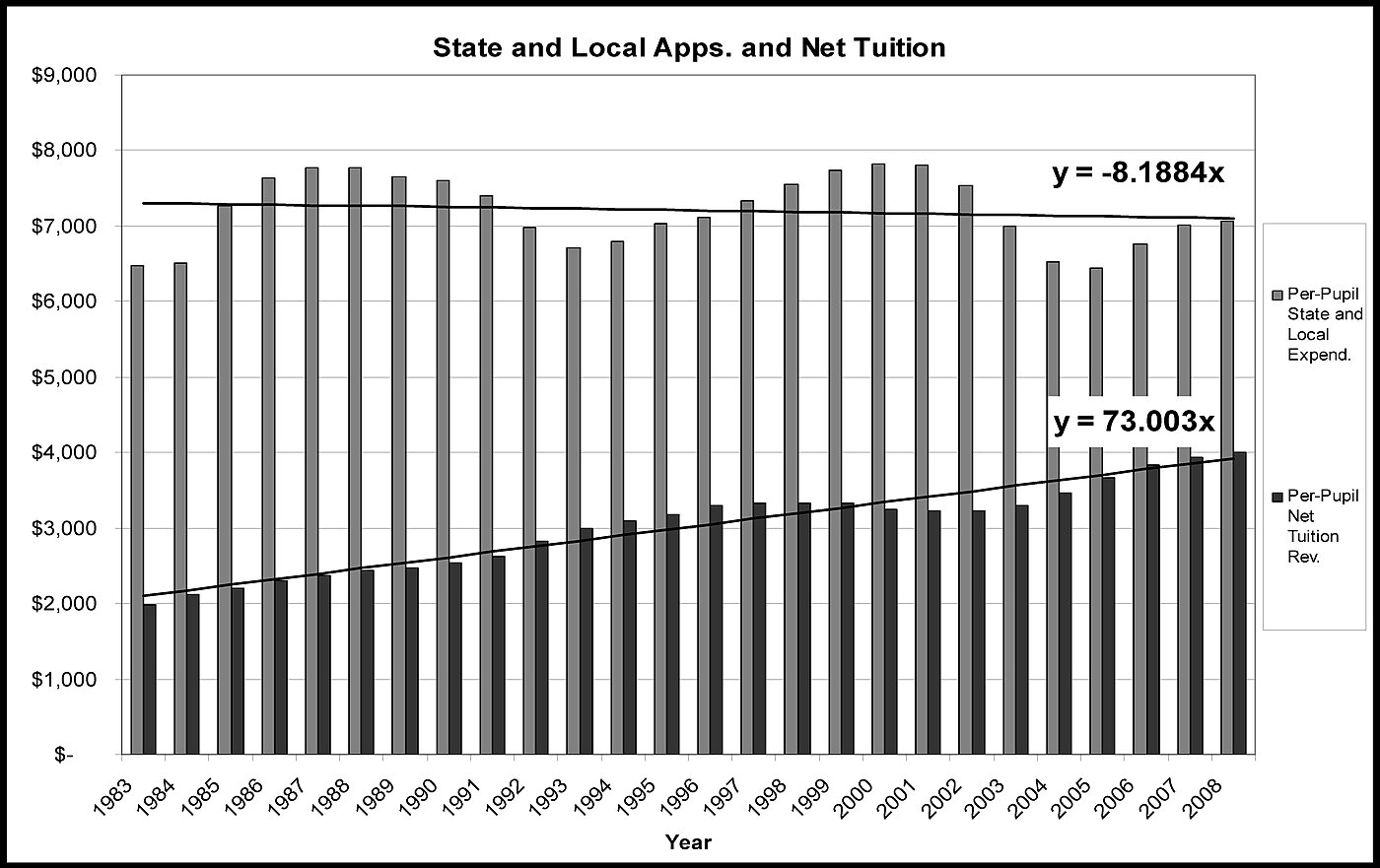At the Economist’s online debate, Elaine Kamarck and I have posted rebuttals to the opening statements. I say, among other things:
One question here is how do you measure a politician’s failure. Is it, for instance, a failure to get his policies enacted, or his success in enacting bad policies? Surveys of historians always give high marks to presidents who expanded government or fought wars. Washington’s most-quoted political scientist, Norman Ornstein, recently defended the productivity of the current Congress; his article illustrated that to the Washington establishment the very definition of a productive Congress is the spending of more taxpayers’ money, the creation of new agencies and bureaucracies, and the concentration of more power in the hands of federal regulators. Citizens might prefer a government that kept us out of war, let the economy grow, and left us alone…
Some analysts note that Ronald Reagan had low ratings at this point in his term, and a bad midterm election, but came back strong. As it turns out, tax cuts, spending restraint, deregulation and sound money tend to create strong economic recoveries. Threats of tax hikes, unprecedented levels of deficits, a wave of new regulations and fears about Fed monetisation may not.
Has Mr Obama failed, a year into his term? Of course not. But that’s the direction he’s headed.
The vote is now 53 percent against the proposition that Obama is failing. If you agree with the proposition “This house believes that Barack Obama is failing,” I encourage you to cast your vote.

